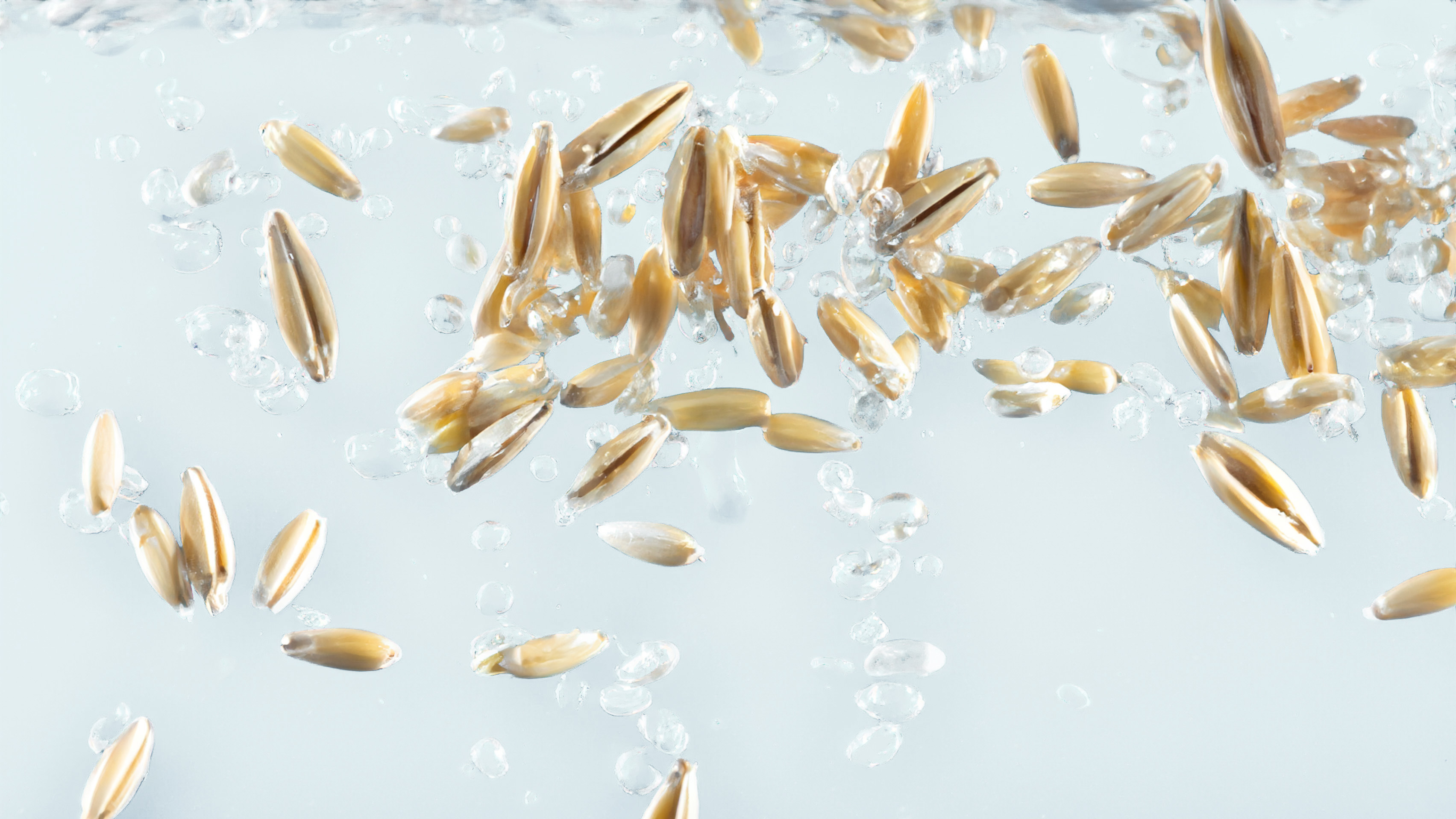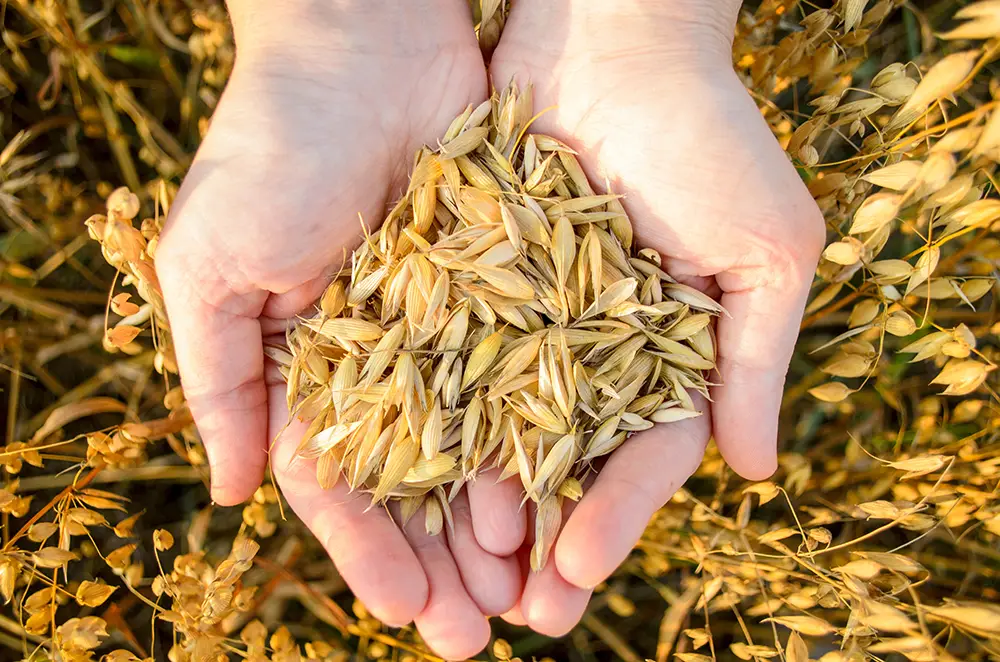


At The Oater®, sustainability is not just a buzzword; it's backed by data.
Our study demonstrates that The Oater® oat drink emits only 0.189 kg of CO2 per liter.
This is a remarkable 41% less CO2 41% less CO2 equivalent compared to conventional packaged oat drinks and a staggering 93% less emissions than cow's milk. Here's how we achieve it:

With The Oater®, your business can eliminate compound cartons. Our fresh oat drink doesn't need a carton. Instead, it can be dispensed directly into reusable bottles.

Oat drink is composed of 90% water. Since our machine utilizes the local water supply, only 10% of the weight needs to be transported for every liter produced. Less transportation means fewer emissions.

Our machine is fully developed and assembled in Germany, reducing the need for long transport routes to your counter. By making further adjustments, we are committed to reducing our emissions even further, with the goal of becoming 53% less polluting than conventional oat drinks. You want to see for yourself? Download our full sustainability report, which includes all data from the lifecycle assessment.

In today's world, terms like "sustainable" and "green" are often overused and underdefined. At The Oater®, we believe that sustainability is more than just words. It's about facts and figures. We conducted a Life Cycle Assessment (LCA) to assess the environmental impact of every stage of our product, from raw ingredient cultivation to the location of our mixing hub. This helps us quantify our environmental impact and compare ourselves to other products on the same scale. We asked a Germany University to assess if we really put our money where our mouth is. Read their results below.

The results of the independent LCA are clear: our oat drink creates 0.189 kg CO2 equivalents per liter produced. Of this amount, 60
% can be attributed to the cultivation of the raw ingredients (oats, canola), 11 % of emissions to packaging, 24 %
to production onsite and 5 % to transport. This amount is 41 % lower than conventional packaged oat drink and 93% lower
than cow milk. But there are still some levers that can help us improve and reach up to 53 % less emissions and that is what we are
working on now. To learn more about our ecological footprint, download our entire sustainability report below. Please note that we are currently updating the LCA.
We've identified three key levers for further emissions reduction.
Locating logistics hubs near suppliers to shorten distances and reduce transport emissions.
Incentivizing and facilitating the switch to green energy for our partners and customers.